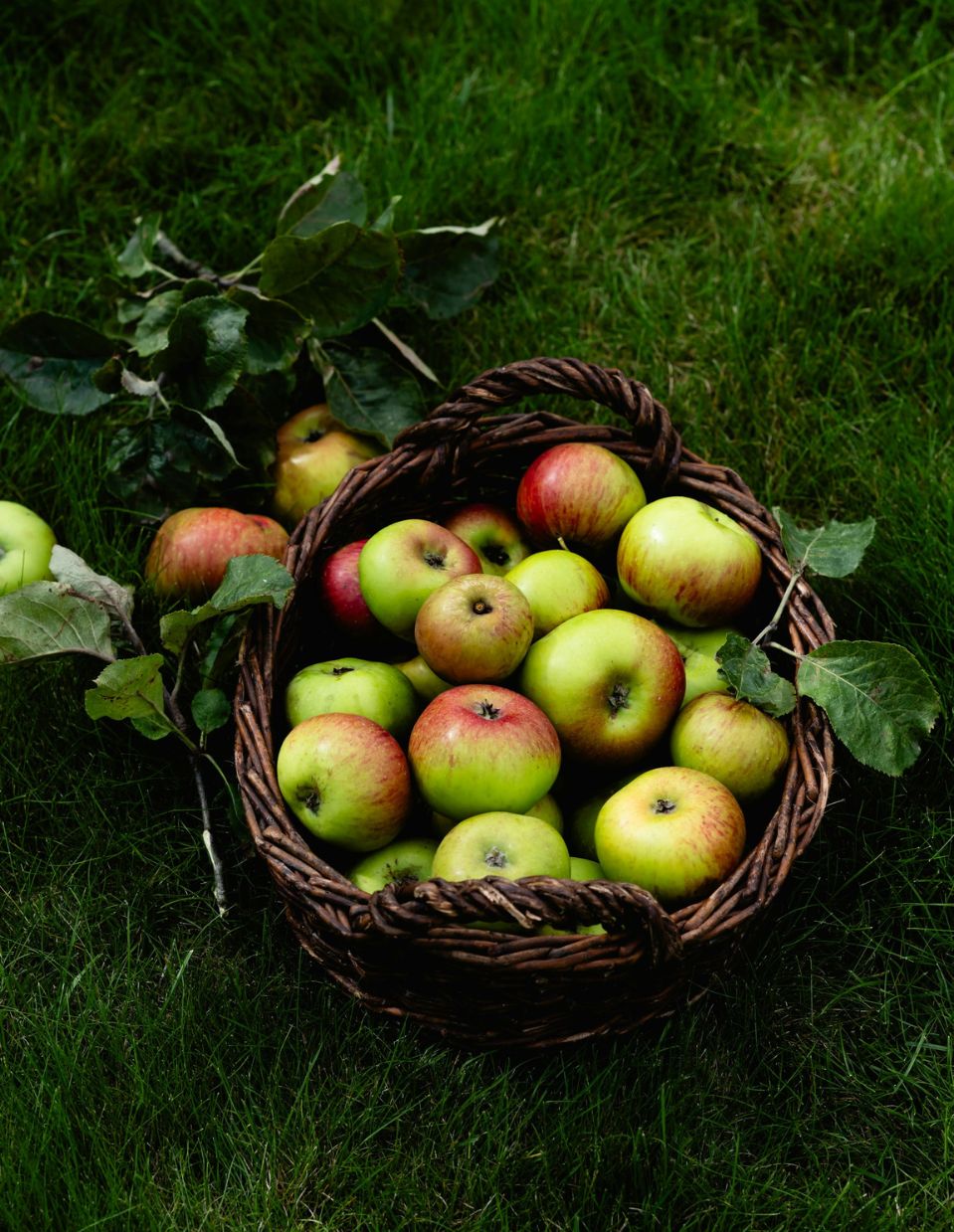Constipation is a common digestive issue that affects millions of people and can cause discomfort and frustration. Did you know that certain fruits can help alleviate constipation naturally? This article, crafted by a dietitian, explores the best fruits for constipation relief, their benefits, and how to incorporate them into your diet for optimal digestive health.
What is Constipation?
Constipation, defined as having fewer than three bowel movements per week, often leads to hard stools, abdominal discomfort, and bloating. It can occur due to dietary factors, dehydration, a sedentary lifestyle, or underlying medical conditions.
Causes of Constipation
Some common causes of constipation include:
- Low Fiber Intake: A lack of dietary fiber can result in hard, dry stools.
- Dehydration: Insufficient water intake makes stools harder to pass.
- Physical Inactivity: Regular movement helps stimulate bowel function.
- Certain Medications: Some drugs, like opioids and antacids, can cause constipation.
- Ignoring the Urge: Delaying bowel movements can lead to stool hardening over time.
How to Prevent or Treat Constipation
Combat constipation with these simple strategies:
- Eat More Fiber: Include fruits, vegetables, whole grains, and legumes.
- Stay Hydrated: Drink plenty of water to keep stools soft.
- Exercise Regularly: Physical activity encourages healthy digestion.
- Follow Natural Cues: Respond promptly to the urge to use the bathroom.
- Manage Stress: Stress can interfere with digestion and worsen constipation.
Best Fruits For Constipation Relief
When it comes to managing constipation naturally, certain fruits stand out for their effectiveness. Here are the top five fruits recommended by a dietitian for preventing and treating constipation:
1. Kiwi

Kiwi is rich in fiber, particularly soluble fiber, and contains an enzyme called actinidin, which aids digestion and promotes regular bowel movements. Additionally, kiwi is packed with vitamin C, which supports overall gut health. Studies show that eating two kiwis daily can improve stool consistency and reduce straining.
2. Pears
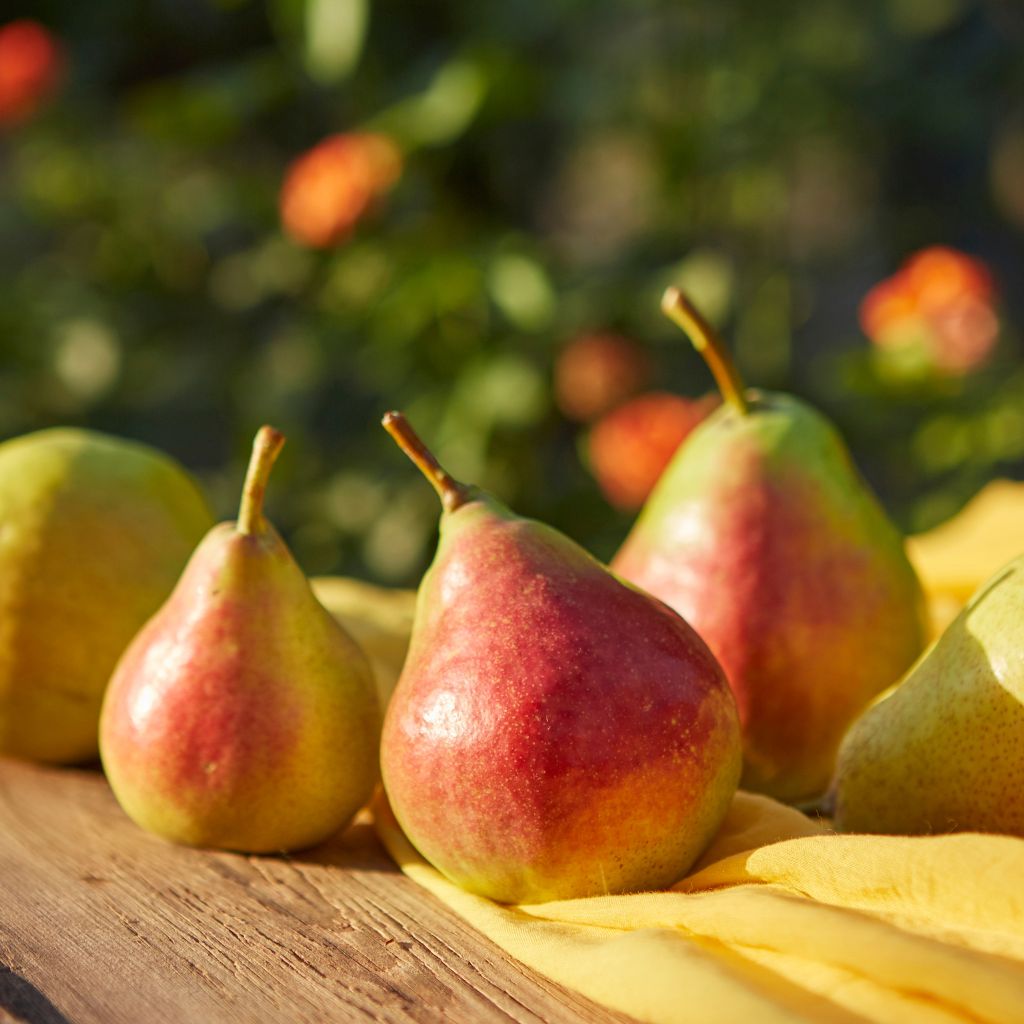
Pears are high in both soluble and insoluble fiber, making them effective in softening stool and promoting bowel regularity. Incorporating pears into your diet can help prevent constipation and alleviate symptoms of existing constipation.
However, while pears are a healthy choice for many, individuals with allergies or sensitivities to related fruits should exercise caution. Additionally, those with Irritable Bowel Syndrome (IBS) or those following a low FODMAP diet may consider avoiding pears due to their high sorbitol and fructose content. These compounds can trigger diarrhea, especially in children.
3. Bananas
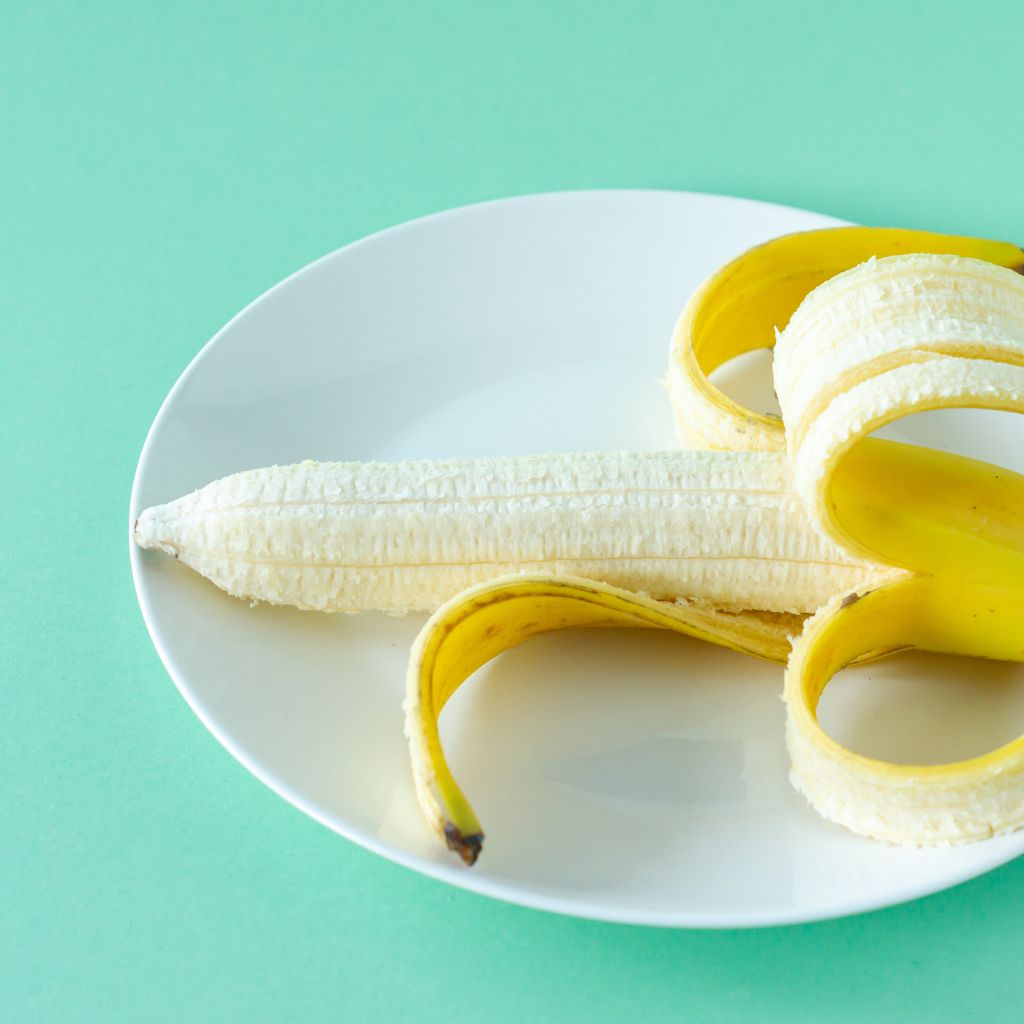
Bananas are rich in potassium, which helps maintain proper fluid balance in the body and prevents dehydration, a common contributor to constipation.
Bananas can either alleviate or exacerbate constipation, depending on their ripeness. An unripe banana might worsen constipation, whereas a ripe one could help alleviate it. However, the impact may differ based on an individual’s dietary habits and underlying health conditions such as IBS.
4. Prunes
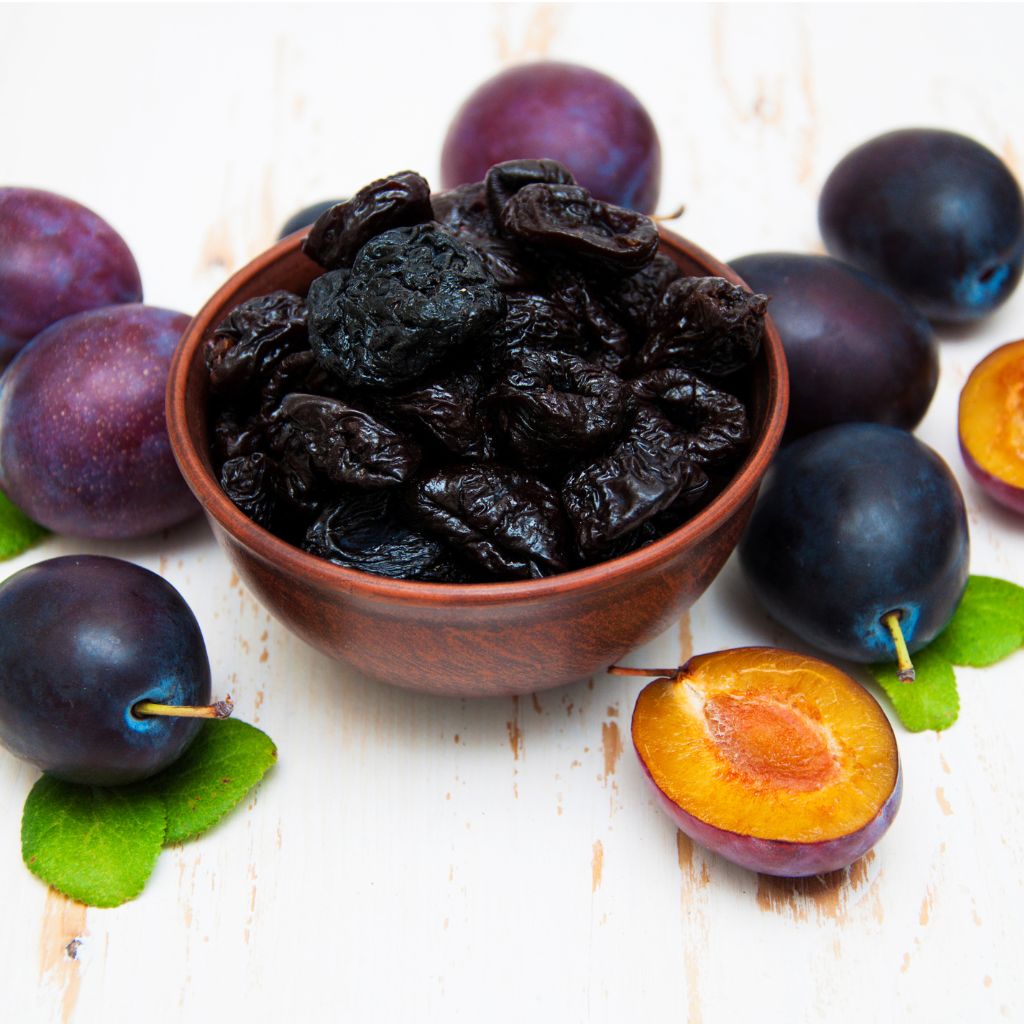
Prunes, or dried plums, are well-known for their laxative effects and are often used as a natural remedy for constipation. They are high in insoluble fiber, sorbitol, and natural sugars, all of which contribute to their effectiveness in promoting bowel regularity and relieving constipation.
5. Apples
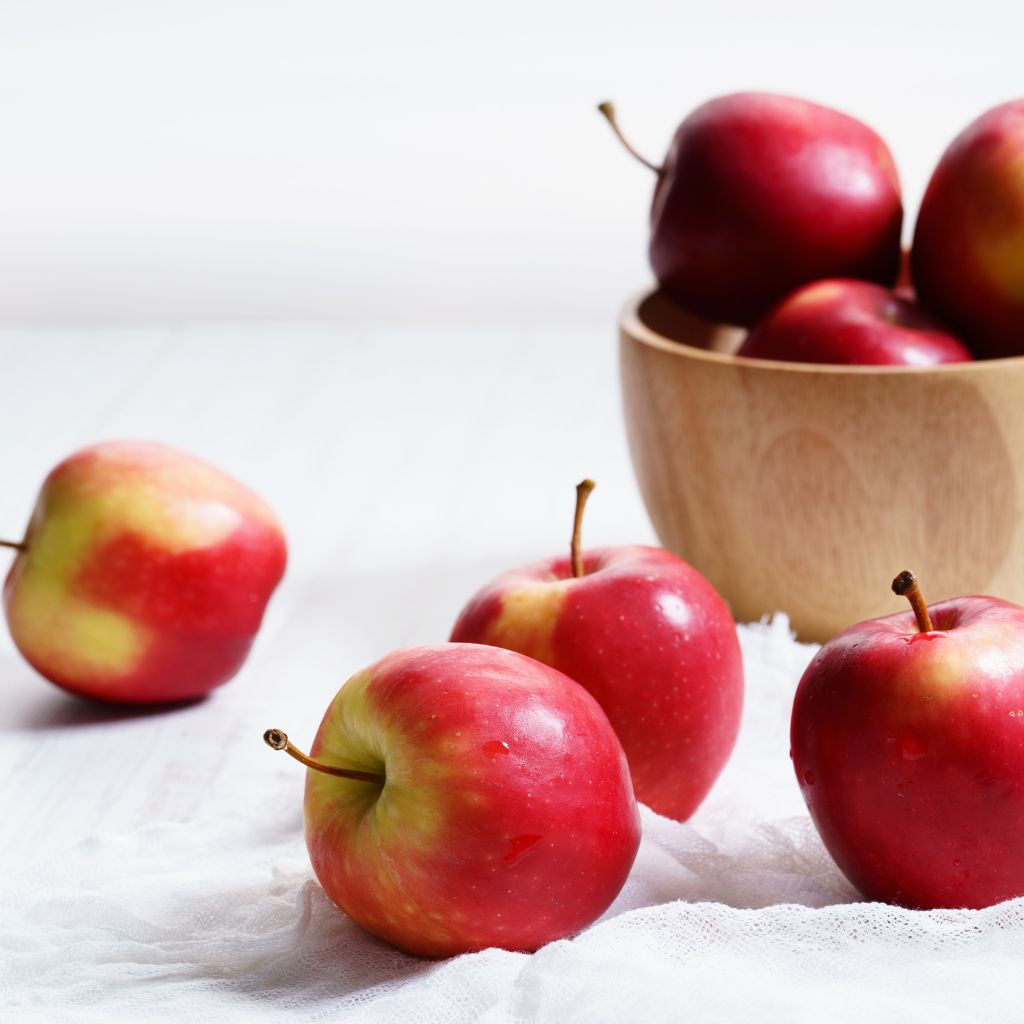
Apples contain a mix of soluble and insoluble fiber, as well as natural sugars and water content, making them effective in preventing and treating constipation. The fiber in apples adds bulk to stool, while the natural sugars and water content help soften stool and facilitate its passage through the digestive tract.
Why These Fruits Work
The high fiber content in these fruits helps bulk up and soften stools, while their natural sugars and water content ensure smooth passage through the digestive tract. Including these fruits regularly in your meals or snacks can help maintain a healthy gut.
Incorporating these fruits into your diet can help promote regular bowel movements and alleviate constipation naturally. Whether eaten fresh, dried, or blended into smoothies, these fruits offer natural and effective ways to manage constipation and maintain optimal digestive health.
Struggling with digestive issues? Schedule a consultation with a gut health dietitian at Core Nutrition Health and Wellness and find relief with a personalized nutrition plan tailored to your needs and designed to improve your digestive wellness.

